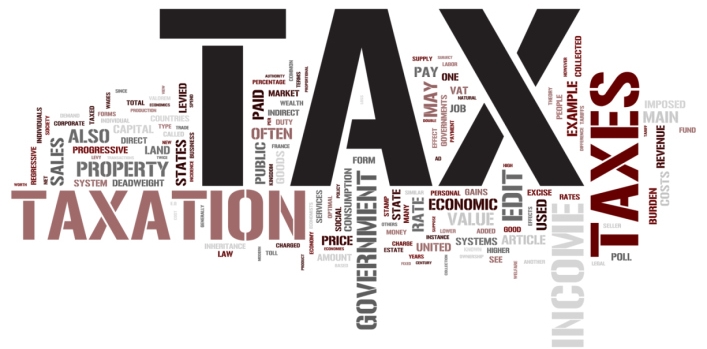REN – Tax Reform Boon for Commercial Real Estate
By Kathy Fettke | Real Wealth Network

The new year began with new tax rules for residential and commercial real estate investors. It’s still too early to know the full impact of the legislation, but many tax professionals say that real estate investors and other property owners have hit the jackpot.




 Jon Coupal is president of the
Jon Coupal is president of the 


